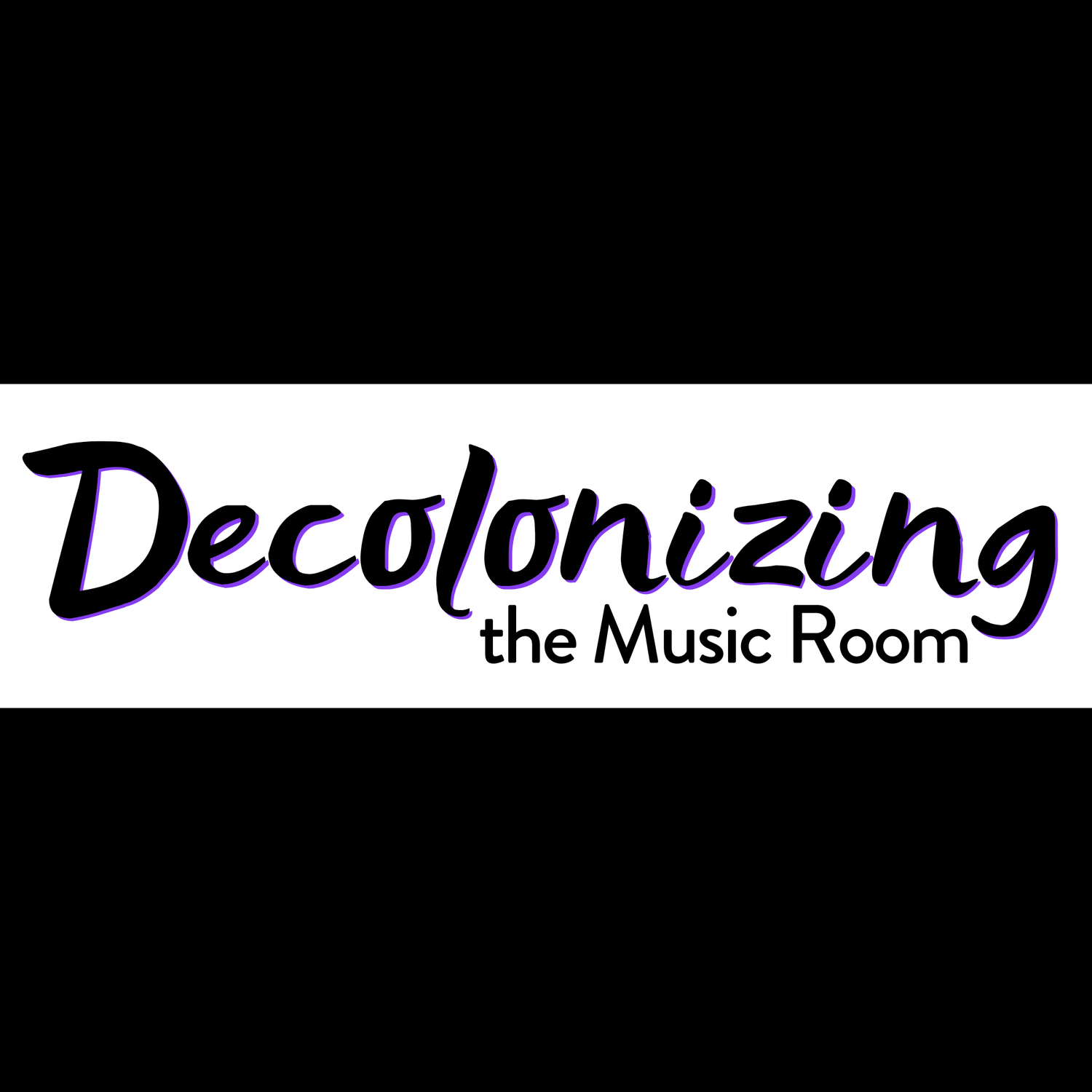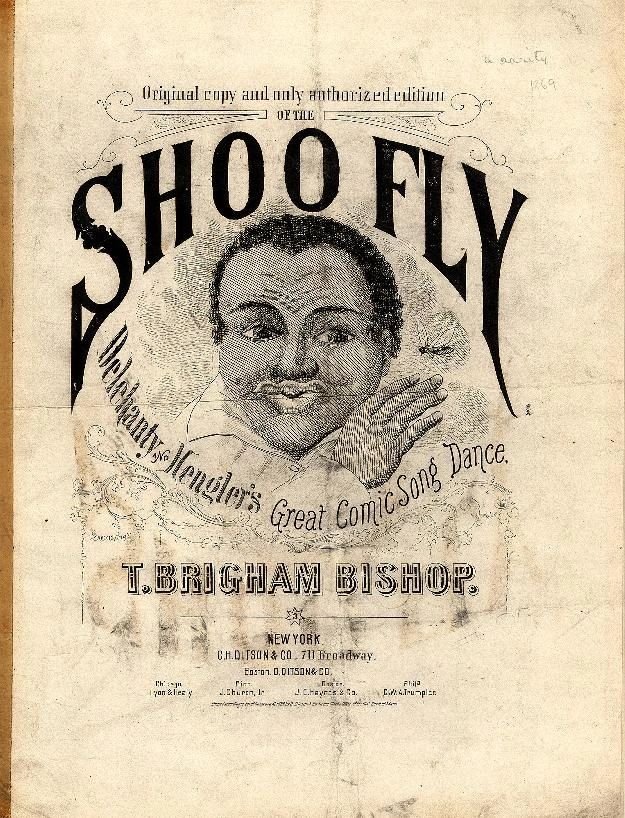SHOO FLY: WHAT I LEARNED, AND HOW I ADDRESSED IT
June 4, 2019
by Andrew Ellingsen
This winter, I came across a post in one of the music education discussion groups on Facebook. The post mentioned that the original lyrics to the folk song “Shoo Fly” are problematic for today’s society and asked for songs and dances that would be appropriate to substitute in a curriculum.
My heart sank. I grew up singing “Shoo Fly,” and I was using it every time a kindergarten class came to the music room as part of our beginning-of-class routine. The song is used in the movie A Bug’s Life, it is taught in music classrooms across our country, and it feels so central to my perception of American folk music. But I never took the time to research its history.
Now, it’s important for me to note that I am white, and I am male. I have an incredible amount of privilege that I did nothing to deserve, that I was given by chance. I go through the world each day not needing to think about things that are daily, hourly, or minute-by-minute concerns for so many that I love. I don’t have to worry about crossing the street at night out of fear of what the person walking behind me might do. I don’t have to worry about being pulled over by a police officer for a routine traffic stop. I don’t have to think about how institutions have been set up to keep me out and about how the cumulative effects of small daily incidences can add up to an almost unbearable burden.
I am also incredibly lucky to have had parents and teachers who modeled love, acceptance, and a belief that each of us as individuals is responsible for doing the work needed to make the world a better place. I can remember so many times when my dad would notice problematic behavior and address it. His ability to approach someone in a way that assumed that they would want to do better if they knew more about how their words or actions impacted others helped strip away the defensiveness we can all feel when we’re called out for something, and his gentle and loving way of addressing it helped so many students and friends make different choices moving forward.
So when I read the Facebook post mentioning that the song had troubling lyrics, I had to own that I had made a mistake. And I had to own that I owed it to my students to do better. And that meant that I had work to do.
A quick Google search was enough to turn up the back story. I read news stories about how it was being pulled from the curriculum of a national early childhood music curriculum, I saw blog posts by parents concerned that songs like “Shoo Fly” and “Jimmy Crack Corn” were being taught in elementary schools, and I saw a copy of the song printed in 1869.
As I looked at the sheet music, I felt a pit in my stomach. What I had sung as a child and taught to hundreds of children as a music teacher was only the chorus. Though the chorus seems innocent, the verses were shockingly racist. They are littered with the n***** word, and the story behind the song is that it was written by a white man who was assigned to a black company of soldiers.
While the tune may be lovely and playful, the content is not. And although I had only taught the song and not the racist history to my students, I knew I had to stop teaching it. It is our job as music teachers to pass on the best of the best to kids, and that does not include songs that are or were racist.
After processing it on my own and talking to friends, I decided I needed to talk to all fifteen of the classes at my K-2 school. This song was part of our beginning of class routine, and I didn’t want them to launch into the world singing it unaware of the history.
I talked with each class about how the music I love to teach is joyful and playful, how the best songs help us celebrate each other or recognize something that connects us as humans. Then I shared that I had learned something about a song I had taught them that made me so sad. I told them that the person who wrote “Shoo Fly” did it as a way to intentionally put down people with darker skin than him, and I wasn’t comfortable singing it anymore. We discussed how we all make mistakes in life, but once we know better, we have to do better.
The kids got it. None of them thought it was silly to cull a song from our school’s tradition. They got it.
And they went home, and they talked about it with their parents. And so many parents reached out to thank me for modeling for their kids one way to navigate a situation like this, by addressing it, by owning the mistake, and by taking action to make different choices moving forward.
None of us are perfect. None of us know all things about all songs. But we all know more than we did when we started teaching, and we can all make the decision to pass on the music that will help our children grow into the adults we need them to be in this world.


